I was heading out to the grocery store recently, when I stopped to talk to my neighbor. She is the mother of two young girls, ages five and seven. I asked how “at-home” learning was going, and she replied, “Not well.” Then sheepishly she added, “We played UNO yesterday.” I felt like she was embarrassed for playing a game with her children. It made me think about the pressure parents and teachers are under to make sure children are learning at home. I think there is a misconception that if children are not working with an app on the iPad or engaged in some paper/pencil task, education is not happening. This could not be further from the truth.
First, we must realize that young children learn through play. There is a famous Fred Rogers quote I often use when presenting to educators: “Play is often talked about as if it is a relief from serious learning. But for children, play is serious learning. Play is really the work of childhood.” If we adopt Mr. Roger’s philosophy, we can understand that it is OK to allow children time to play as a healthy ingredient in the recipe for learning.
There are lots of simple ways for children to play in addition to free play. Playing board games (like my neighbor’s UNO session) can allow children to reap many benefits. Many games have built-in math skills like counting, sorting, and matching. The game may allow for mathematical language such as more, less, greater than, or equal. Asking a child to be the scorekeeper and adding up the points accrued during the game has some genuine mathematical value as well. Many games call for planning the next move, coming up with a strategy for each play, or perhaps solving a problem. There are even social skills built into board game play such as turn-taking and sharing.
Another easy way to play is by having children work on puzzles. I grew up doing puzzles because the long winters of South Dakota forced us to look for indoor entertainment. Little did I know I was developing my fine motor skills, eye-hand coordination, spatial awareness, and problem-solving abilities while I passed the time at the dining room table.
Simply reading books and singing songs are playful ways to enhance language and literacy skills. Pointing out new vocabulary words in a story and providing child-friendly definitions for them is an extremely beneficial language development technique. Predicting what might happen next or asking a child why they think something occurred in the story are ways to enhance reading comprehension. Coming up with an alternate ending or creating your own version of a story are added literacy activities that can bring benefits in the areas of reading and writing.
Finally, getting children outside to play is ripe with perks. Building gross motor skills, observing nature and getting some much-needed exercise are all built-in side effects of outdoor adventures. I was recently watching my neighbor kids out the kitchen window when a little boy started crying because an older girl took his toy. This made me recall how their play called for some problem solving and conflict resolution skills that would serve them throughout their lives. I also watched a five-year-old girl scale the brick post that housed a neighbor’s mailbox. I was nervous to see her climb so high but then remembered hearing about how those kinds of risk-taking activities are good for young children. Being a little daring can develop skills to help children to be willing to try new things and overcome fears. Don’t we need some risk-takers in the world to invent new things or try out novel business ideas?
Long-story short, parents and teachers need to release the pressure on themselves to provide 24/7 educational activities for children. Sometimes, left to their own devices and allowed the freedom and choice inherent in play, our young learners are acquiring all kinds of skills of which we are not even aware. The mantra here is that it’s OK to just play because remember, “Play is really the work of childhood.”
Jennifer Fernandez
Jennifer has over 30 years of experience in education. She has degrees in Elementary Education, Spanish, and Bilingual Education and holds teaching licenses in Texas and Minnesota. She has taught PreK-2nd grade in general and bilingual settings, served as a professional learning specialist for seven years, and currently presents at state and national conferences.
Read more by Jennifer Fernandez–>

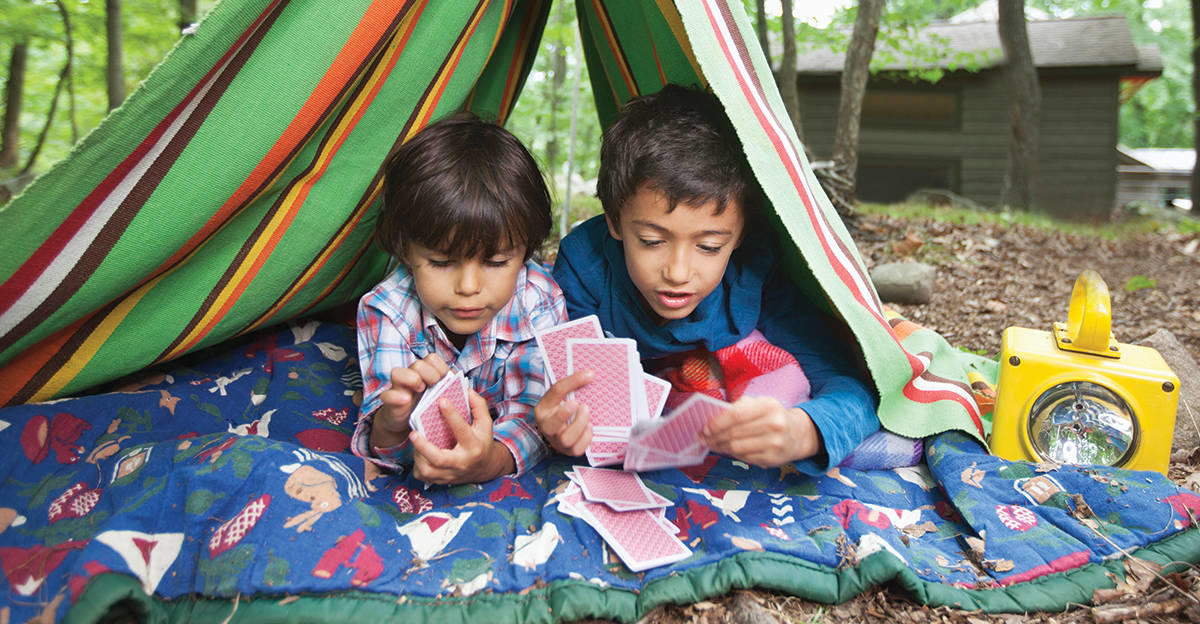

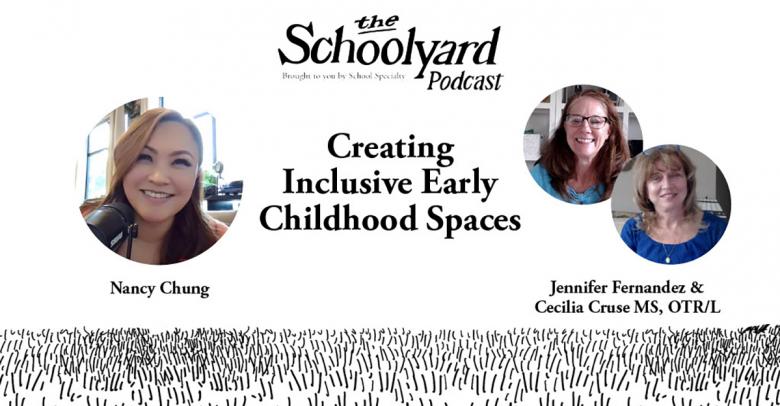
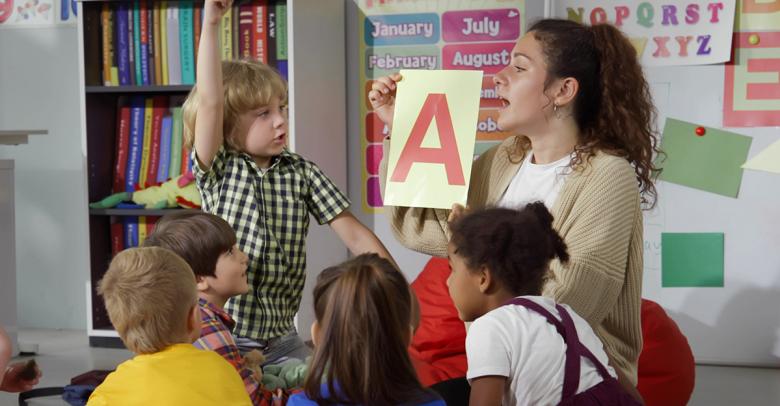
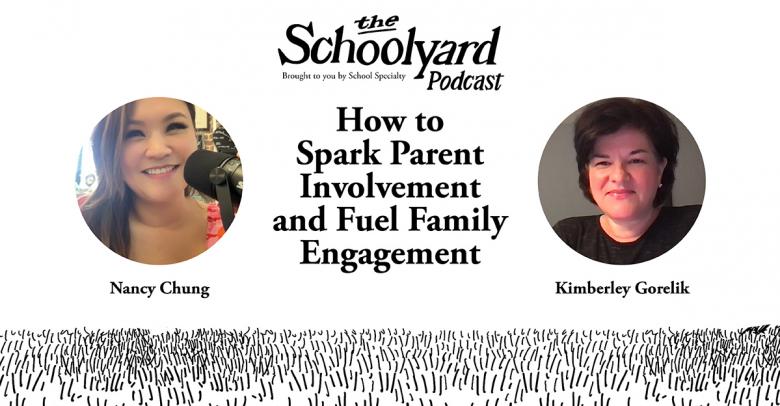
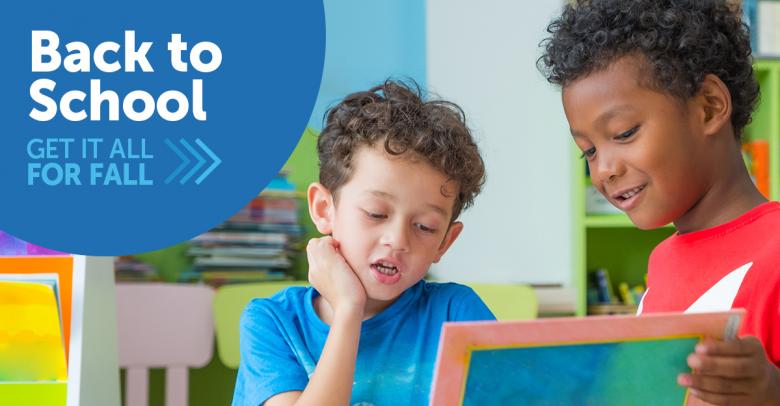
Leave a Reply